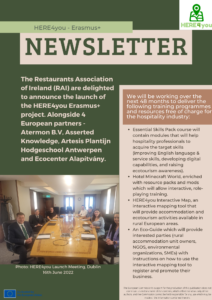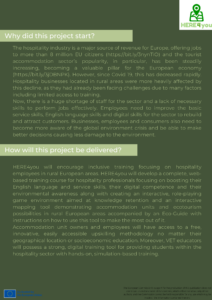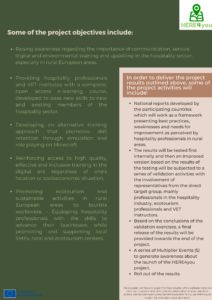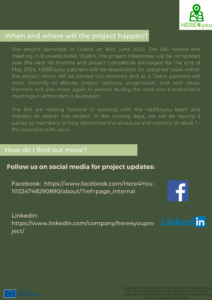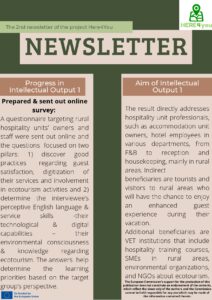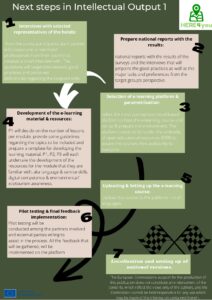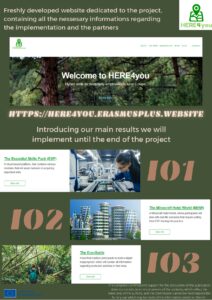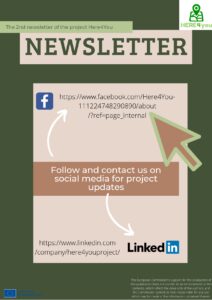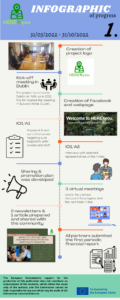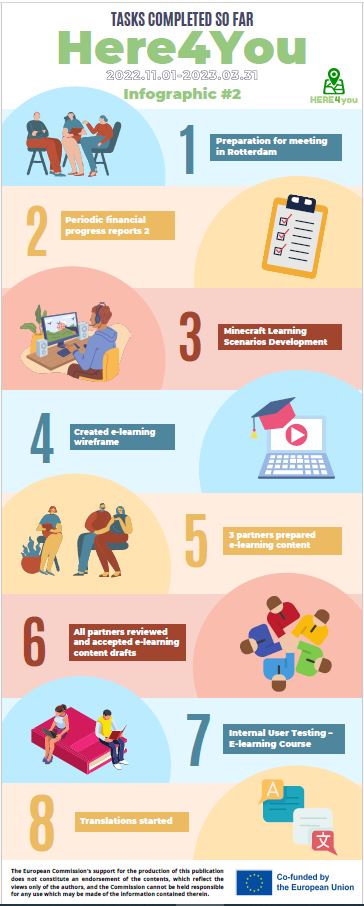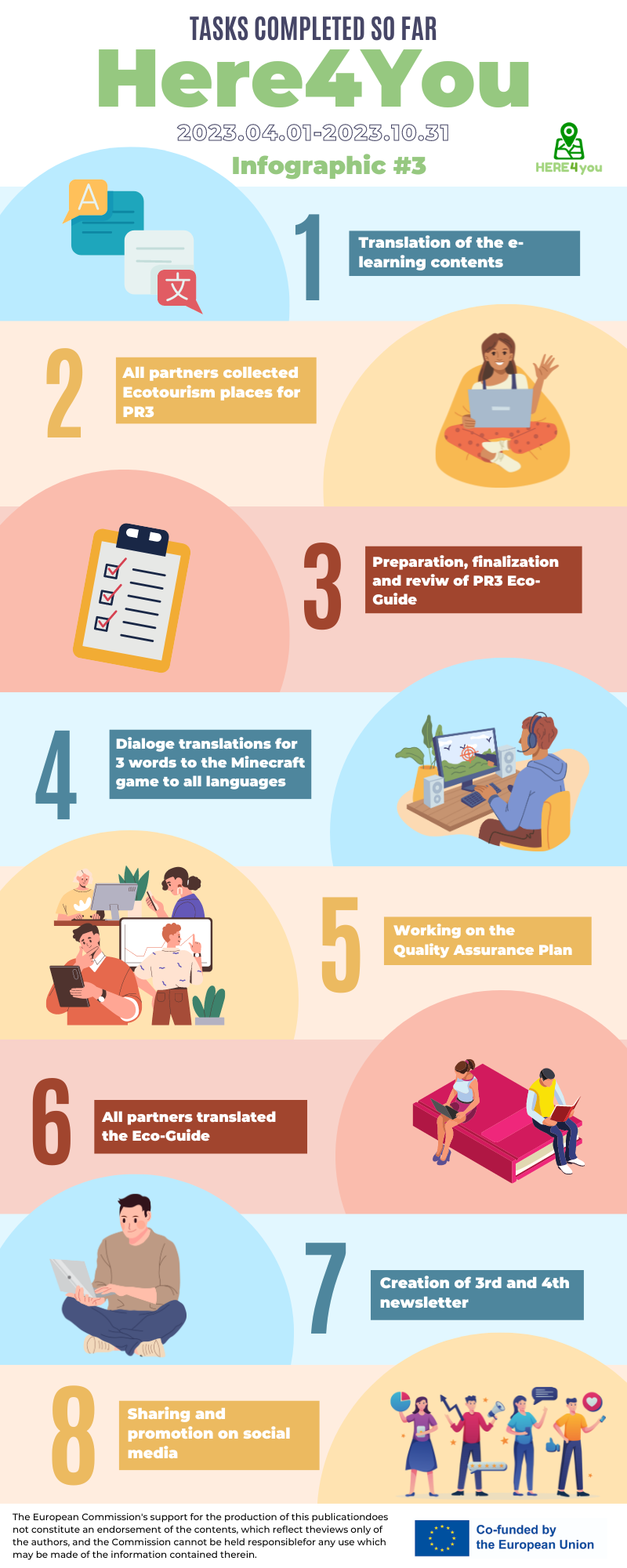

ERASMUS+ KA2 COOPERATION PARTNERSHIPS
Project ID: KA220-VET-6FA22C7A
Project duration: 03-05-2022 – 03-05-2024 (24 months)
Total grant: 238 180 EUR
Partners
Restaurants Association of Ireland Ltd – Ireland
Ecocenter Alapítvány – Hungary
ATERMON B.V. – Netherlands
ASSERTED KNOWLEDGE OMORRYTHMOS ETAIREIA – Greece
ARTESIS PLANTIJN HOGESCHOOL ANTWERPEN – Belgium
Concept
Background / Context
Due to the COVID-19 pandemic, the EU tourism was plagued as it dropped by 61% (Eurostat, 2021) impacting the hospitality industry. Accommodations located in rural areas were rather affected by this decline, as they had already been facing challenges due to limited access to training
To restore balance as fast as possible, action must be taken towards attracting tourists to rural European areas. To achieve that, hospitality accommodation owners and employees must acquire the essential skills to improve guest satisfaction and offer unique experiences totourists. Since raising environmental awareness has become a main focus in Europe over the past years and travellers demand more choice regarding ecotourism options (https://bit.ly/3FCmzE2), a very efficient way to attract tourists while protecting the environment would be by offering alternative, eco-friendly activities near the accommodation unit.
Needs / Problem
Over the past years, the hospitality industry has experienced downturns as it has been occasionally plagued by the impact of terrorist attacks, financial crises and most recently the traces of the pandemic (Kett, 2020).Since the sector is such an important pillar for the European welfare, it is crucial to focus on its perseverance and act towards ensuring its constant development. To achieve a fast recovery and long-term sustainability, the focus should be drawn on the digitization of the sector.
Hospitality employees, especially in rural areas, need turnkey approaches to be able to compete with bigger accommodation units and attract tourism and this can only be achieved through obtaining specialized high-tech skills. In this way, they will have the chance to establish an online presence, promote their business and offer a unique guest experience to their guests.
Project Idea / Solution
HERE4you will harness the power of technology to create a fun and interactive training experience for professionals working in the hospitality sector in rural areas. Through this training they will develop English communication abilities, improve their service skills, and acquire digital skills to combine accommodation services with eco-activities. All the above will be realised through remote simulation training.
This training will equip them with essential skillset and place them in a more competitive place in the global hospitality market. Individuals worldwide will start opting for rural destinations when it comes to vacation as they will be receiving top notch services and discovering new eco-friendly activities.
Project Objectives
Rural tourism has been affected by the pandemic and hospitality units’ owners in rural districts need to embrace technology to improve their services and establish an online presence. The project will educate hotel owners and employees on how to improve their English communication and service skills through remote training and role playing and will also train them on how to create an online map with possible eco-friendly activities near their facilities. English language and service skills are the top qualities important to hospitality practitioners at different position levels, as they facilitate communication with the visitors and promote guest satisfaction. Combining these with digital literacy can boost professional competence and create numerous possibilities for growing one’s accommodation. Simulation training, which has been in practice in the American Hospitality Industry for many decades (Edelheim, 2007) has proved beneficial as it helps learners overcome fear, gain confidence, and master the knowledge by applying abstract concepts to active hands-on practice. Finally, offering a complete solution to the visitors by combining accommodation with fun and eco-friendly leisure activities increases the chances of attracting guests while leaving a green footprint and boosting the local economy.
Project Target Groups
- Direct: accommodation unit owners and hospitality professionals working in rural areas
- Indirect: general population interested in alternative vacation and ecotourism, local entrepreneurs
References
Edelheim, Johan & Daisuke, Ueda. (2007). Effective Use of Simulations in Hospitality Management Education – A Case Study. Journal of Hospitality, Leisure, Sports and Tourism Education. 6. 10.3794/johlste.61.104.
This project has been funded with support from the European Commission. This publication reflects the views only of the author, and the Commission cannot be held responsible for any use which may be made of the information contained therein.

